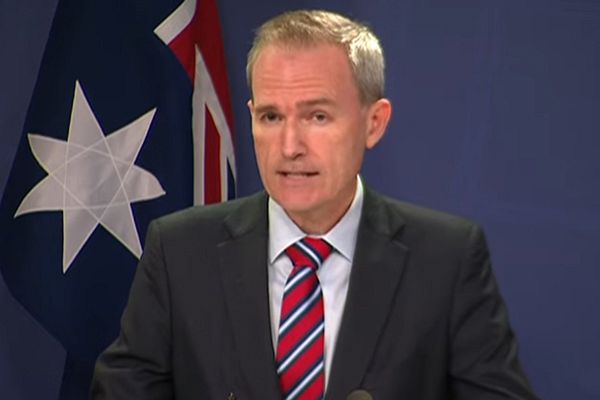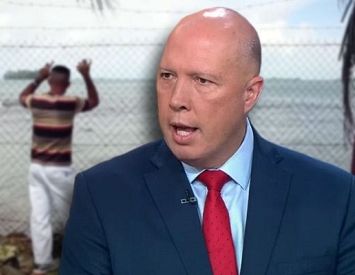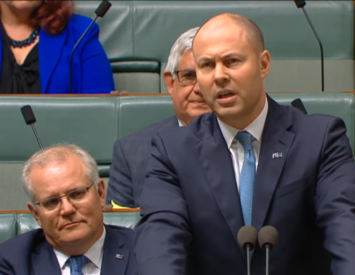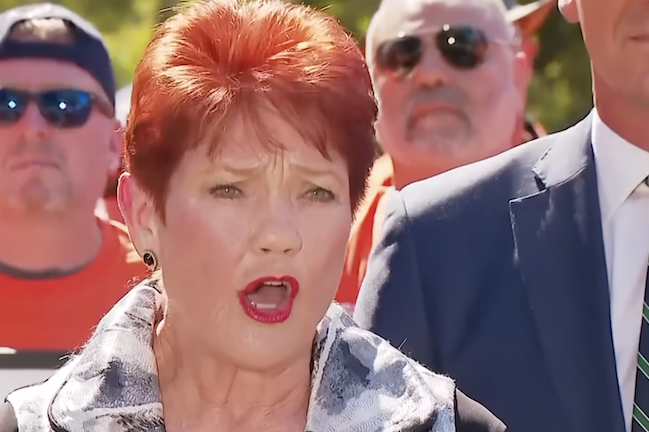A recently developed visa program bears more drawbacks than its government sales pitch would suggest, writes Abul Rizvi.
THE GLOBAL TALENT INDEPENDENT (GTI) visa is the Government's newest innovation in visa design. Because it has very few legal requirements, either in terms of criteria for visa grant or post-visa grant obligations, it is actually a throw-back to pre-December 1989 when most visa criteria were in policy rather than in regulations.
That approach enables enormous flexibility in visa decision-making which can be very useful in dealing with highly unusual cases such as for the long-standing Distinguished Talent visa. The key legal requirement for the Distinguished Talent visa is that the applicant has ‘an internationally recognised record of exceptional and outstanding achievement’. For almost 30 years, Australia struggled to find around 200 people per annum (including dependents) who met such a high bar.
The GTI visa adopts the same legal framework as the Distinguished Talent visa but at 15,000 places in 2020-21, it is anything but a boutique visa category. It will require a very significant watering down of the ‘internationally recognised record of exceptional and outstanding achievement’ requirement.
This will have to be to a point where the words of this very high bar have little meaning.
But the sales pitch around the GTI visa suggests no watering down. The sales pitch would make Prime Minister Scott Morrison blush.
This visa is apparently for the ‘brightest and best’; it's designed to attract ‘high-value businesses and exceptionally talented individuals to Australia along with their ideas, networks and capital’.
It will ‘grow our innovation and tech sectors’ and ‘create opportunities for Australians by transferring skills, promoting innovation and creating jobs’.
The GTI visa does have more detailed selection criteria but these are largely in policy and highly subjective.
For example, applicants must:
- prove they are internationally recognised with evidence of outstanding achievements;
- still be prominent in their field of expertise;
- provide evidence that they would be an asset to Australia in their area of expertise;
- have no difficulty obtaining employment in Australia or becoming established in their field; and
- have a recognised organisation or individual in Australia nominate them as global talent, in the same field as the applicant.
The applicant ‘should also have the ability to attract a salary at or above the Fair Work high income threshold of AUD153,600’. Assessing such “potential” is, of course, in the eye of the beholder.
These policy-based criteria are all very well, but the vast majority of applicants for the GTI visa would qualify under existing skill visa categories unless they are older than relevant age criteria.
So why then create the GTI visa?
Its origin is Immigration Minister David Coleman’s response to employer pressure after Home Affairs Minister Peter Dutton’s appalling changes to employer-sponsored visas in 2017-18. Rather than fix the mess Dutton made with employer-sponsored visas, Coleman created an earlier version of the GTI.
Acting Immigration Minister Alan Tudge then enlarged the GTI into a monster in terms of its impact on other visa categories. The GTI visa is also a crony’s dream.
The reality is that the GTI visa effectively undermines every other skill stream visa because it is more flexible and has few legal criteria. As a result, it is much faster to process — many people are reporting getting a GTI visa within weeks.
Migration agents and the Department itself are promoting this. The Department is reported to be encouraging applicants who may have applied for another visa to lodge an Expression of Interest for a GTI visa in order to deliver the 15,000 places.
All potential skill stream visa applicants would, of course, prefer a GTI visa.
If you are a potential business migrant and can get an influential person to support your Expression of Interest for a GTI visa, why would you bother having to meet minimum legal criteria in terms the size, turnover and people employed in the businesses you currently run overseas? These are only a legal requirement of a business skills visa and not for a GTI visa.
Why bother having to develop and explain robust plans for establishing a business in Australia? Why bother having to transfer a minimum amount of capital to Australia? And why bother having to report to the Department of Home Affairs that you have fulfilled your legal obligations two years after visa grant? Note there are no post-visa grant legal obligations for a business migrant who receives a GTI visa.
If you are an investor, why bother with a legal requirement to prove that the money you will be investing in Australia has a bona fide source? Why bother actually making an investment in Australia before you get your investor visa? In fact, why bother having to make any investment in Australia at all as the GTI visa has no legal requirement for you to do so?
If you are an employer with a bit of clout and you want to recruit an overseas worker, why bother with all that employer sponsorship rigmarole? Just propose the overseas worker for a GTI visa and avoid all that labour market testing, or prove you have a sufficient record of training Australians or indeed of paying into the Skilling Australians Fund.
In fact, as the employer, you don’t even need to pay the minimum salary required of most employer-sponsored visas.
If as a potential skilled migrant you can convince a state government to propose you for a GTI visa, you don’t even need to live or work in the state that proposes you. You certainly don’t need to establish a business or invest in that state.
And if you were intending to apply for a skilled independent visa, much better to find an influential person or organisation to propose you for a GTI visa. That way you don’t have to get your skills formally assessed by the relevant skills assessing body, or undertake a formal English language test, or be under a specific age or be legally required to show a minimum level of skilled work experience in your nominated occupation.
But worst of all, the lack of legally-based criteria in the GTI visa, other than a very watered-down version of that in the Distinguished Talent visa, leaves the GTI visa heavily exposed to “cash for visa” type schemes such as have been discussed recently in the media.
The lack of legal criteria leaves it much more exposed to the risk of cronyism.
When I worked in the former Department of Immigration, there were regular requests from “influential” people for us to grant a visa to a “mate” or other “really good guy”. The best defence to this type of cronyism is the legal criteria in other skill stream visas that have been developed over years of experience.
But with the GTI visa, when the Minister’s Office rings to demand a visa be given to the “mate of a mate”, public servants will have limited legal defence to deny the request to grant a GTI visa. In all other visa categories, there are significant legal requirements that cannot be ignored but subjective policy criteria are a very different kettle of fish.
There are rumours the Department of Home Affairs is reviewing the GTI visa — not before time.
Abul Rizvi is an Independent Australia columnist and a former Deputy Secretary of the Department of Immigration, currently undertaking a PhD on Australia’s immigration policies. You can follow Abul on Twitter @RizviAbul.
Related Articles
- The political and economic effects of COVID-19 on immigrant communities
- The Budget confirms Morrison wants to reboot mass migration
- English language test requirement deemed a 'racist measure'
- How reliable are the population forecasts in the 2020 Federal Budget?
- No certainty 2020-21 Migration and Humanitarian Programs will be delivered
 This work is licensed under a Creative Commons Attribution-NonCommercial-NoDerivs 3.0 Australia License
This work is licensed under a Creative Commons Attribution-NonCommercial-NoDerivs 3.0 Australia License
Support independent journalism Subscribe to IA.















